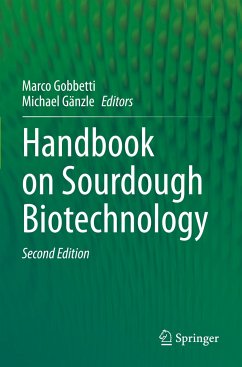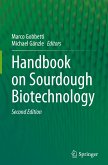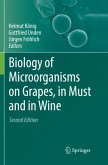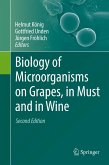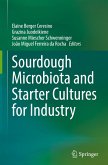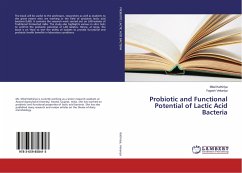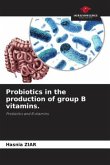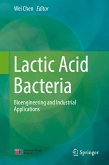Bread and leavened bakery products have been essential to human nourishment for millennia. Traditionally, bread production has relied on the use of sourdough as a leavening agent and to impart a characteristic quality to baked goods. In recent years, improved understanding of the biodiversity and microbial ecology of sourdough microbiota, the discovery of new species, the improved management and monitoring of its meta-community and the commercialization of innovative products have vastly expanded the potential of sourdough fermentation for making baked goods. For example, raw materials such as cereals, pseudo-cereals, ancient grains, and gluten-free substrates, as well as a large number of baked good varieties (e.g., typical and industrial breads, sweet baked goods, gluten-free products) may benefit from advances in sourdough fermentation. In addition, biotechnological tools and culture properties have been discovered to improve both the shelf life and the sensory and textural qualities of baked goods, as well as their nutritional and health-promoting properties.
Now in its second edition, the Handbook on Sourdough Biotechnology remains the only book dedicated completely to sourdough biotechnology with the contribution of the most experienced researchers from the field. It reviews the history of sourdough and the potential of sourdough fermentation in the production of bread and baked goods. A thorough discussion of the various processing steps includes the chemical properties of the raw matter, the taxonomy, diversity, and metabolic properties of starter yeasts and lactic acid bacteria, and the effects of sourdough fermentation on the shelf life and the sensory, textural, nutritional, and health-promoting properties of baked goods.
Now in its second edition, the Handbook on Sourdough Biotechnology remains the only book dedicated completely to sourdough biotechnology with the contribution of the most experienced researchers from the field. It reviews the history of sourdough and the potential of sourdough fermentation in the production of bread and baked goods. A thorough discussion of the various processing steps includes the chemical properties of the raw matter, the taxonomy, diversity, and metabolic properties of starter yeasts and lactic acid bacteria, and the effects of sourdough fermentation on the shelf life and the sensory, textural, nutritional, and health-promoting properties of baked goods.

